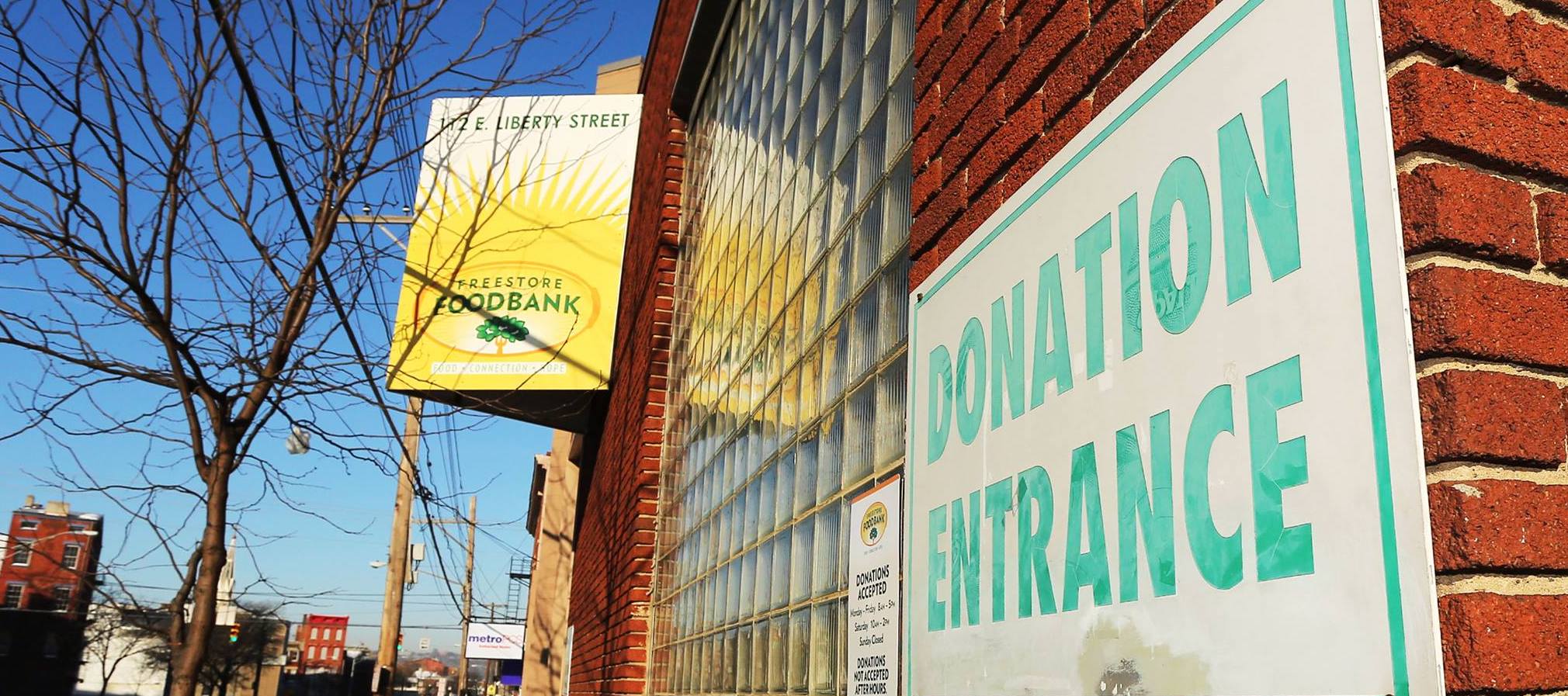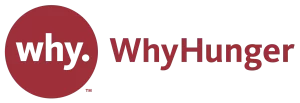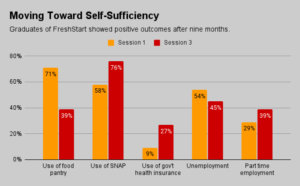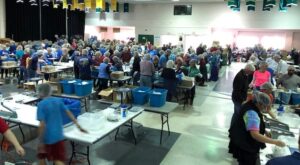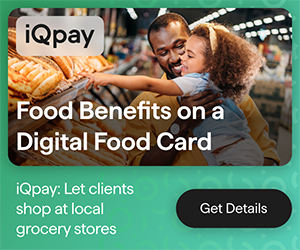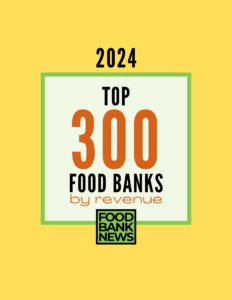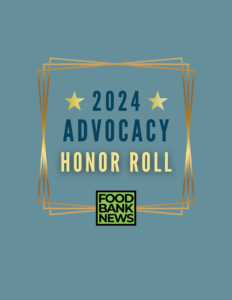While many food banks help clients sign up for SNAP, fewer are equipped to also help them apply for other benefits like Medicaid, and fewer still take steps to ensure clients are putting their monthly benefits to proper use.
Freestore Foodbank of Cincinnati is taking on that role by acting as a representative payee. It has approval from the Social Security Administration to manage the monthly benefits received by its older and/or disabled clients who have been deemed unable to manage their personal finances on their own. By providing budgeting help, Freestore helps ensure recipients have enough money throughout the month to pay for their housing and other essential expenses.
Freestore’s representative payee program is another example of how food banks are moving beyond standard food distribution as they seek to address root causes of hunger, such as poverty. As a representative payee, Freestore automatically allocates rent, utilities and other non-negotiable expenses from the monthly benefit funding, and makes whatever is left over available to clients in a weekly allowance.
“It’s truly a stabilizing program,” said Ryan Luckie, Director of Public Benefit Services. “The rent is being paid, the utilities are being paid. And when you have that, you have your stability.”
Last fiscal year, Freestore managed the monthly budgets of 706 people, an amount that has stayed more or less the same over the years, with some people coming into the program as others pass away. Nationally, about 8 million recipients of Social Security and/or Supplemental Security Income have representative payees, according to AARP.
Operationally, Freestore maintains a collective bank account where it receives and dispenses the funds on behalf of all its clients. The food bank’s finance team manages the money, and Freestore must keep records of all the deposits and expenses of each beneficiary it serves. Unexpected expenses, such as an automobile repair, require proper documentation before the funds can be released. “We get audited by Social Security, as well as our own internal audits,” Luckie said.
Clients get their weekly allowances by picking up a paper check at Freestore’s Customer Connection Center (where they can also take advantage of a free client-choice market twice a month) or receiving a deposit into a bank account. “They can have a bank account, they just can’t receive 100% of their check to that account,” Luckie noted.
The representative payee program is just one aspect of the public benefits operation that Luckie oversees, highlighting Freestore’s broad perspective when it comes to helping clients take advantage of public assistance. A separate team of about eight people helps clients get signed up for SNAP and Medicaid. The food bank also helps clients obtain basic documentation, such as birth certificates and IDs, which can be crucial to recovering from a crisis such as homelessness.
In Luckie’s view, the amount of money going out of a household every month is as important as the amount coming in. Connecting customers to benefits like SNAP, energy assistance and Medicaid all help to keep money in peoples’ pockets. “We definitely want to explore any public benefit that they are eligible for so that they can maximize the amount of money that they have,” he said.
Underscoring the growing recognition that social factors such as housing and food insecurity impact health, it makes sense that the healthcare sector is key to providing support for Freestore’s representative payee program. “We literally have their lives in our hands,” Luckie said of his clients. “Not the physical part, but the things that lead to them living life, and it’s an awesome responsibility.” – Chris Costanzo
Like what you’re reading?
Support Food Bank News
